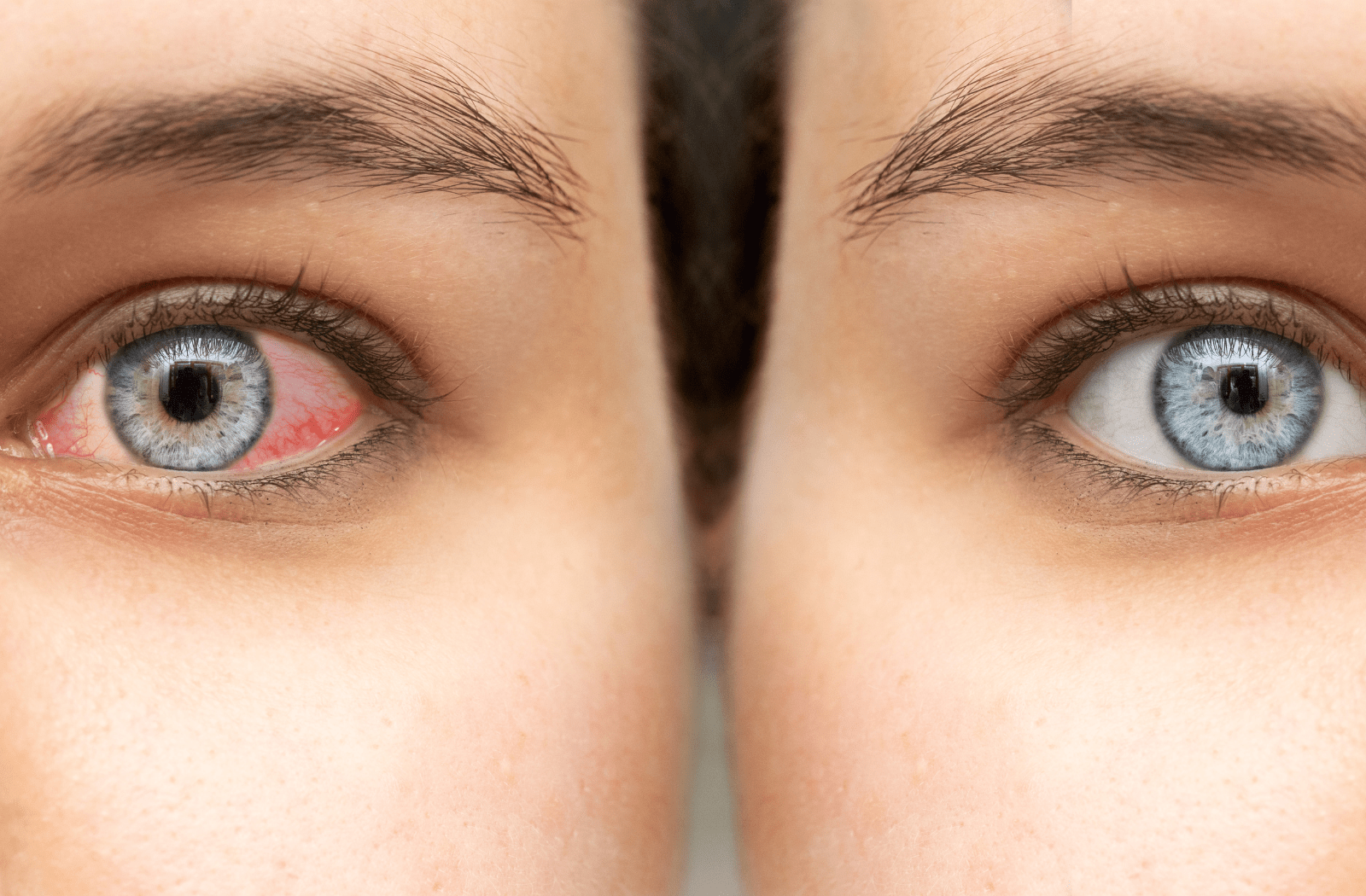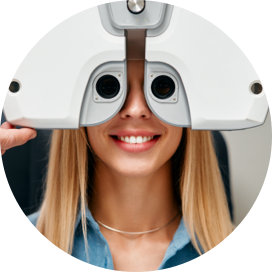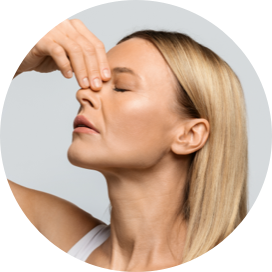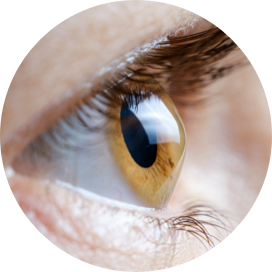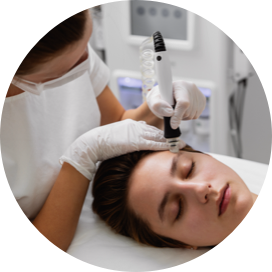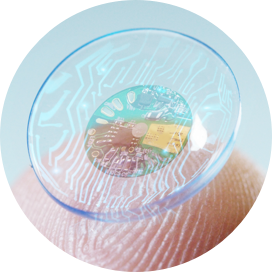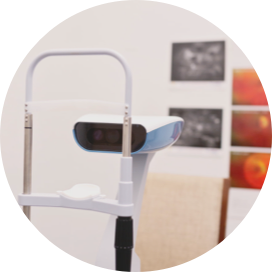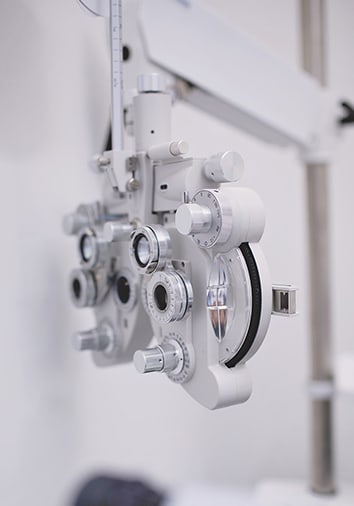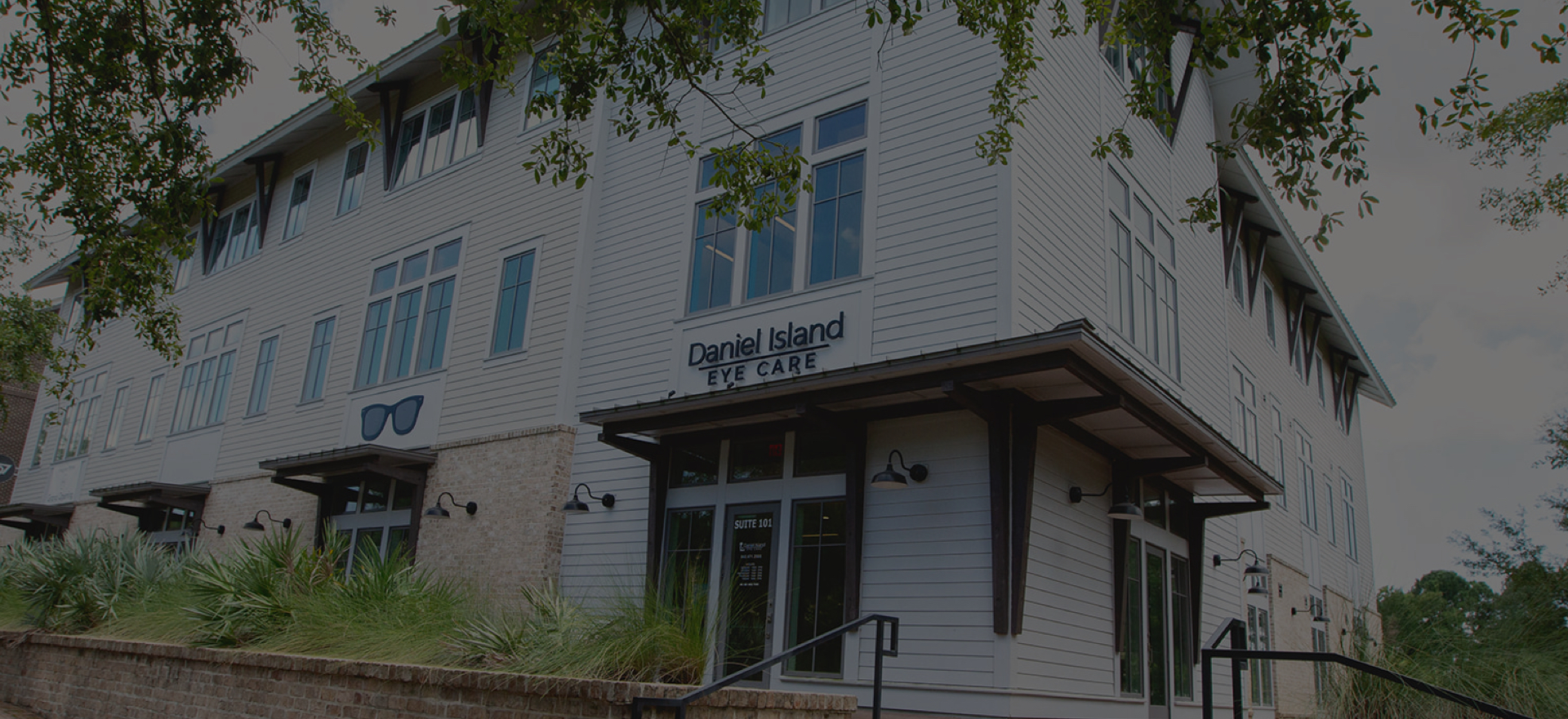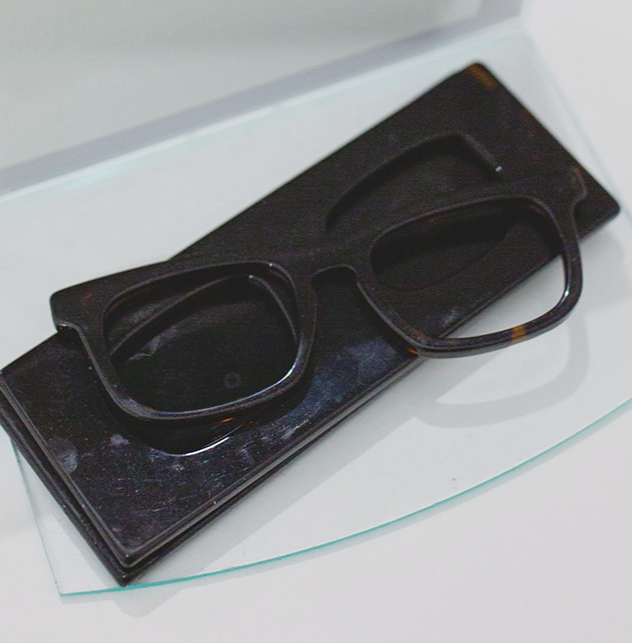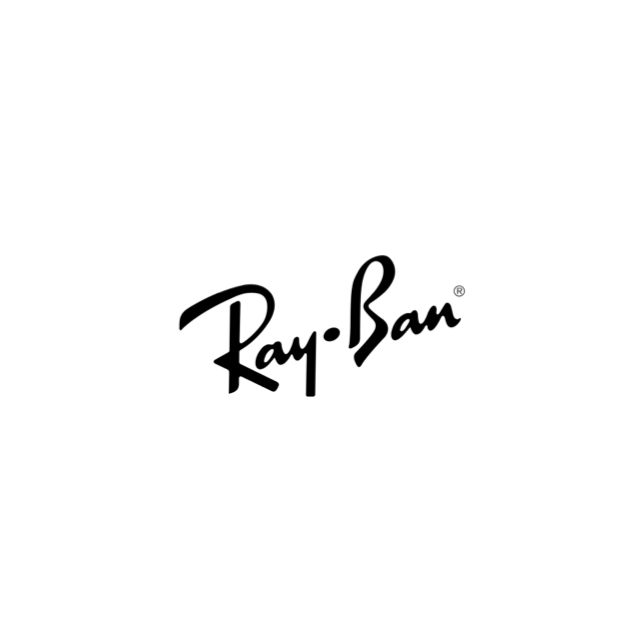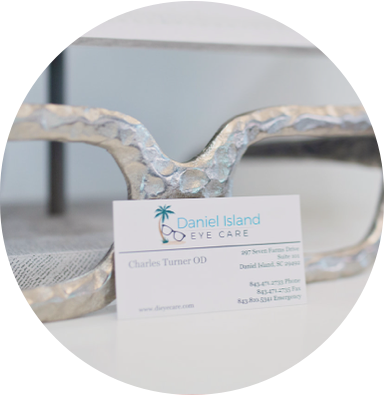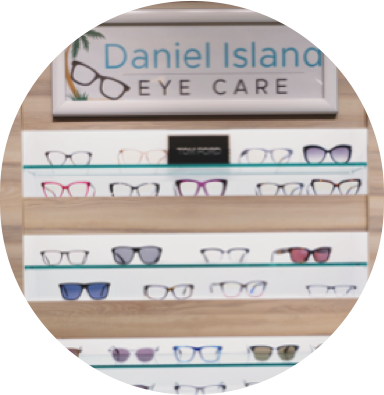Are your eyes red and itchy? Do you notice red lines or spots in the white part of your eyes? Is your vision blurred? If you answered yes to any of these questions, you may be experiencing ocular rosacea.
You may have heard of rosacea, a skin disease that causes redness and bumps on your skin, but did you know that rosacea can affect your eyes too?
While there’s no cure for ocular rosacea, our team at Daniel Island Eye Care is here to help you manage your symptoms and keep your vision on track. If you think you might have ocular rosacea, book an appointment with us today so we can get you started on a customized treatment plan tailored to you.
What is Ocular Rosacea?
Ocular rosacea is an eye disease that causes inflammation, redness, or burning in the eyes. It often develops in people who have rosacea, but anyone can develop this condition.
When Should I See My Doctor?
Ocular rosacea typically affects adults between the ages of 30 and 50, but can affect anyone at any age. If you have ocular rosacea you may notice a variety of signs and symptoms, including:
- Red, burning, itchy or watering eyes
- Dry eyes
- A gritty feeling or the sensation that something is stuck in your eyes
- Blurred vision
- Sensitivity to light
- Red lines or spots on the white part of the eye
- Red, swollen eyelids
- Recurrent eye or eyelid infections, like pink eye, blepharitis, styes or chalazion
If you’re experiencing any of the above symptoms, it’s important to book an appointment with your eye doctor to get your eyes examined. Additionally, if you’ve been diagnosed with skin rosacea, you should ask your doctor whether you should undergo more frequent eye exams to check for ocular rosacea.
What Causes Ocular Rosacea?
The exact cause of ocular rosacea, like skin rosacea, is unknown, but it has been linked to a number of factors, including:
- Environmental factors, such as sunlight, wind, or temperature extremes
- Bacterial involvement
- Blocked glands in the eyelids
- Eyelash mites
- Hot or spicy foods or beverages
- Alcohol
- Certain emotions, such as stress, anger or embarrassment
- Strenuous exercise
- Hot baths or saunas
Additional Risk Factors
While there are many potential causes for ocular rosacea, you may be at an increased risk of developing this condition if:
- You have skin rosacea
- You have fair skin that burns easily
- You have a family history of rosacea
How is Ocular Rosacea Diagnosed?
If you think you have ocular rosacea, book an appointment with your optometrist. During an eye exam, your doctor can assess your eye health and perform a series of tests to better understand your symptoms.
To ensure your optometrist has the opportunity to completely understand your symptoms it;s best to prepare yourself to answer the following questions:
- What symptoms are you experiencing? This can include any symptoms, even if they seem unrelated to the reason for which you scheduled the appointment
- What is your vision treatment history?
- Does your family have any history of ocular rosacea or skin rosacea?
- Have you experienced any major life changes or stresses?
- What medications, vitamins and supplements are you currently taking?
How is Ocular Rosacea Treated?
While ocular rosacea is chronic and can’t be cured, symptoms can usually be controlled with medication, in-office treatments, and home eye care.
Depending on the results of your eye exam, your optometrist may prescribe antibiotics and can recommend things you can do at home to manage your symptoms and prevent future outbreaks. This can include:
- Keeping your eyelids clean and following a good eye care routine
- Avoiding makeup if your eyes are inflamed or irritated
- Avoiding wearing contact lenses during flare-ups, especially if your symptoms include dry eyes
- Keeping track of the factors that trigger or worsen your ocular rosacea, and avoiding them when necessary
- Using artificial tears to relieve dryness
We’re Here to Help You
At Daniel Island Eye Care, your eye health and vision is our number one priority. Our team is always here to help you, so if you ever have any questions or concerns please feel free to get in touch with us! We’re located on Daniel Island in Charleston, SC.

